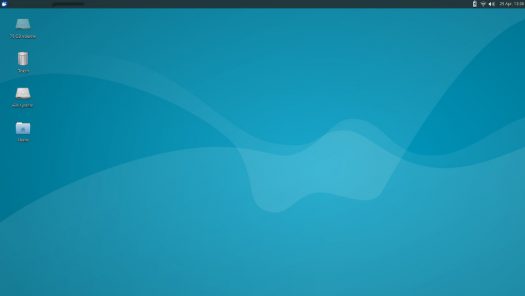The Heart of Linux
Reflections of a once upon a time everyday Windows user.
It’s hard to remember the span of time when I sat in front of my Windows computer on a daily basis. I sat comfortable in the understanding that using my computer came with some non-negotiable requirements, like the constant vigilance against malware threats and my system bogging down from the antivirus software helping me belay those threats. Who doesn’t remember the ever-popular monthly defragging, and for me at least, a complete wipe and reinstallation of Windows every six to eight months.
 These things I accepted as a necessary part of using a computer every day.
These things I accepted as a necessary part of using a computer every day.
A few Windows folks will surely chime in, saying that they have used Windows since Captain Kangaroo was a corporal. They’ll say that they never had to reinstall their system due to it becoming unstable, sometimes rebooting for no reason at all and then booting into a black screen. A black screen that would eventually correct itself if you got up to fix a sandwich and take the dog out. A black screen that gave you no frickin’ idea of what it was, why it happened or how to fix it.
Ken Starks is the founder of the Helios Project and Reglue, which for 20 years provided refurbished older computers running Linux to disadvantaged school kids, as well as providing digital help for senior citizens, in the Austin, Texas area. He was a columnist for FOSS Force from 2013-2016, and remains part of our family. Follow him on Twitter: @Reglue





 “DuckDuckGo’s focus is to become the best search engine for programmers,” Bill wrote, “and we’d love your help improving our open-source Linux Instant Answers. There’s currently a couple of cheat sheets
“DuckDuckGo’s focus is to become the best search engine for programmers,” Bill wrote, “and we’d love your help improving our open-source Linux Instant Answers. There’s currently a couple of cheat sheets 

 These things I accepted as a necessary part of using a computer every day.
These things I accepted as a necessary part of using a computer every day. 

 Times have changed. Android is still winning on mobile, but other than that, Microsoft is back on track and is maybe more secure than ever. That’s not good for FOSS.
Times have changed. Android is still winning on mobile, but other than that, Microsoft is back on track and is maybe more secure than ever. That’s not good for FOSS.
